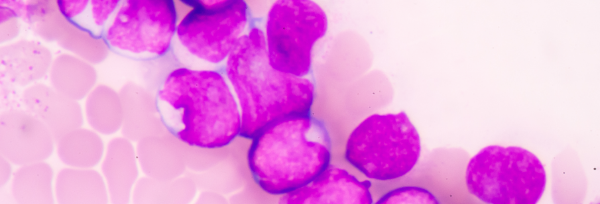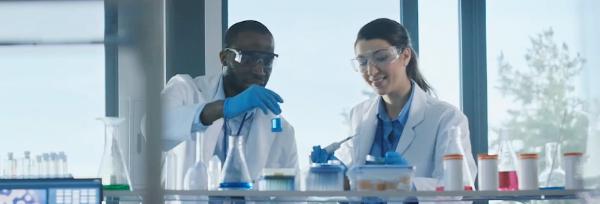MENARINI is a fully integrated privately owned pharma company with a long and successful heritage in strategic partnering across the globe. We have a profound know-how stemming from our strong R&D capabilities in key therapeutic areas, coupled with our excellence in commercial execution and our powerful direct presence on a global basis.
Myocardial infarction
Myocardial infarction is a serious medical emergency in which the supply of blood to the heart is suddenly blocked, usually by a blood clot. It is considered as one of the major causes of death and disability worldwide.
Several risk factors, like coronary artery disease, arterial hypertension, smoke, sedentary life style and overweight, are involved in its onset.
The leading cause of myocardial infarction is related to coronary heart disease, which occurs when heart's blood supply is blocked or interrupted by fatty substances in the coronary vessels. In this event, the bigger blood vessels, that are in charge of supplying the heart, get clogged with deposits of cholesterol, known as plaques. Moreover, a possible secondary cause is a mismatch between oxygen supply and demand.
A lack of blood to the heart may seriously damage the heart muscle and can be life threatening.
Clinically, it is characterized by pain spreading from the chest to the jaws, necks, arm and back. Also shortness of breath is a frequent symptom. However, not everyone experiences chest pain, but others more aspecific manifestations, like nausea or cold sweating, might be associated.
In order to reduce the risk of developing a heart attack, maintaining a healthy life style is crucial. Key points are: losing weight and keeping on a low-fat and high-fibre diet, performing physical activity regularly, quitting smoking, reducing the daily-life stress and reducing alcohol intake.
For its correct management, the restoration of the balance between the oxygen supply and the demand is fundamental and it is auspicable it would happen as fast as possible. It can be obtained by performing surgery to help recover blood flow to the heart or by medicines used to dissolve the blood clot. Moreover, other interventions , including appropriate medical treatments, need to be placed in order to prevent any relapses.























